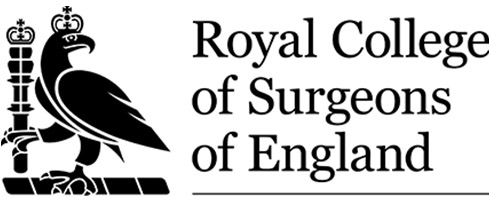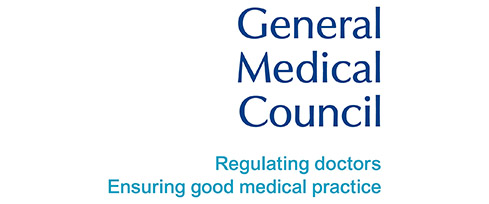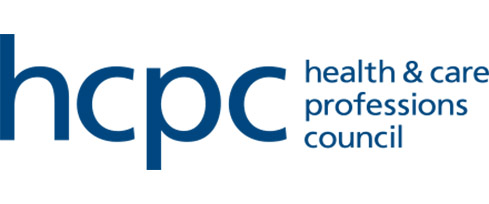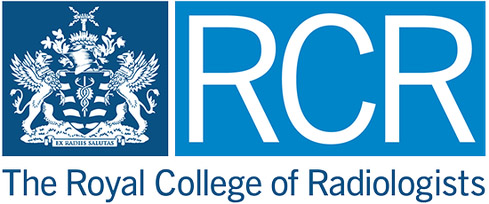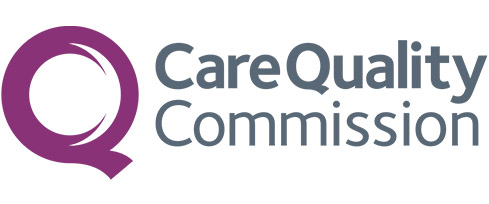Carpal Tunnel Syndrome affects many people, stemming from repetitive movements or prolonged hand use. Join us as we delve into diagnosing CTS, treatment options, and practical tips for managing symptoms. Whether you’re seeking relief or simply looking to learn more, Enigma Healthcare has you covered.
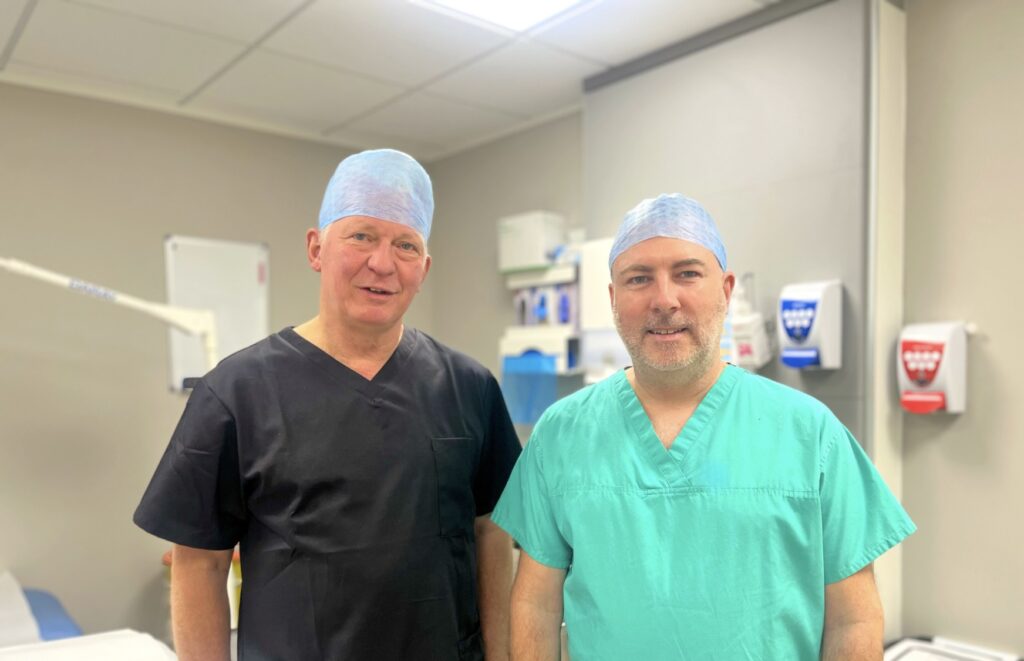
Diagnosing Carpal Tunnel Syndrome
The diagnosis of Carpal Tunnel Syndrome typically involves a comprehensive evaluation by a healthcare professional. This evaluation may include a physical examination, assessment of medical history, and possibly diagnostic tests such as nerve conduction studies or electromyography. Common symptoms of CTS include numbness, tingling, and weakness in the hand and fingers, particularly the thumb, index, and middle fingers. Individuals experiencing these symptoms should seek medical attention promptly for accurate diagnosis and appropriate management.
Treatment Plan for Carpal Tunnel Syndrome
Once diagnosed, the treatment plan for Carpal Tunnel Syndrome aims to alleviate symptoms and prevent further progression of the condition. Depending on the severity of symptoms, treatment options may include:
🖐️ Conservative Measures: Initially, conservative treatments such as wrist splinting, activity modification, and ergonomic interventions may be recommended to reduce pressure on the median nerve and relieve symptoms.
🖐️ Medications: Non-steroidal anti-inflammatory drugs (NSAIDs) or corticosteroid injections may be prescribed to reduce inflammation and alleviate pain associated with CTS.
🖐️ Physical Therapy: Physical therapy exercises and stretches focusing on strengthening the muscles surrounding the wrist and improving flexibility can help alleviate symptoms and improve hand function.
🖐️ Surgical Intervention: In cases where conservative treatments fail to provide relief, surgical intervention such as carpal tunnel release surgery may be recommended to relieve pressure on the median nerve and improve symptoms.
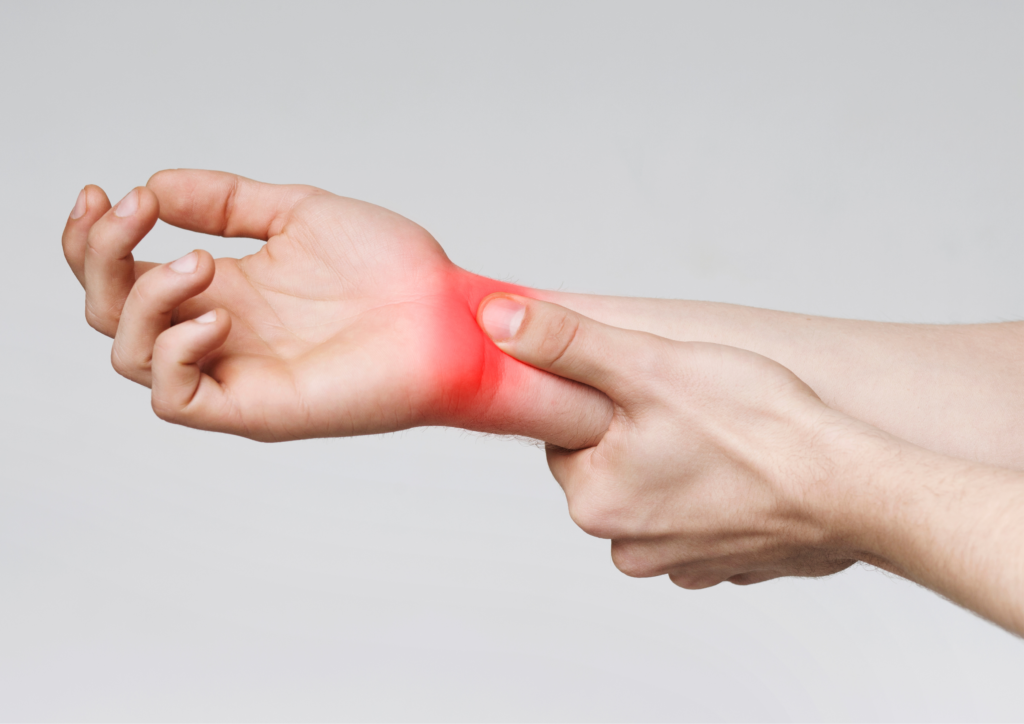
Living with Carpal Tunnel Syndrome
Living with Carpal Tunnel Syndrome requires adopting lifestyle modifications and self-care strategies to manage symptoms effectively. Here are some tips for individuals living with CTS:
🖐️ Ergonomic Workstation Setup: Ensure your workstation is ergonomically designed to minimise strain on the wrists and hands. Use proper wrist support and maintain good posture while working.
🖐️ Frequent Breaks: Take regular breaks from repetitive activities involving the hands and wrists to prevent overuse and minimise symptoms.
🖐️ Wrist Splinting: Wear wrist splints, especially during activities that exacerbate symptoms or at night to prevent wrist flexion and alleviate pressure on the median nerve.
🖐️ Exercise Regularly: Incorporate gentle exercises and stretches targeting the wrists and hands into your daily routine to improve flexibility and strength.
🖐️ Healthy Lifestyle: Maintain a healthy lifestyle by managing stress, eating a balanced diet, and engaging in regular physical activity to support overall well-being and minimise inflammation.
By following these strategies and working closely with our healthcare professionals, individuals with Carpal Tunnel Syndrome can effectively manage their symptoms and lead fulfilling lives. Remember, early diagnosis and intervention are key to preventing further complications and improving quality of life for those living with CTS.
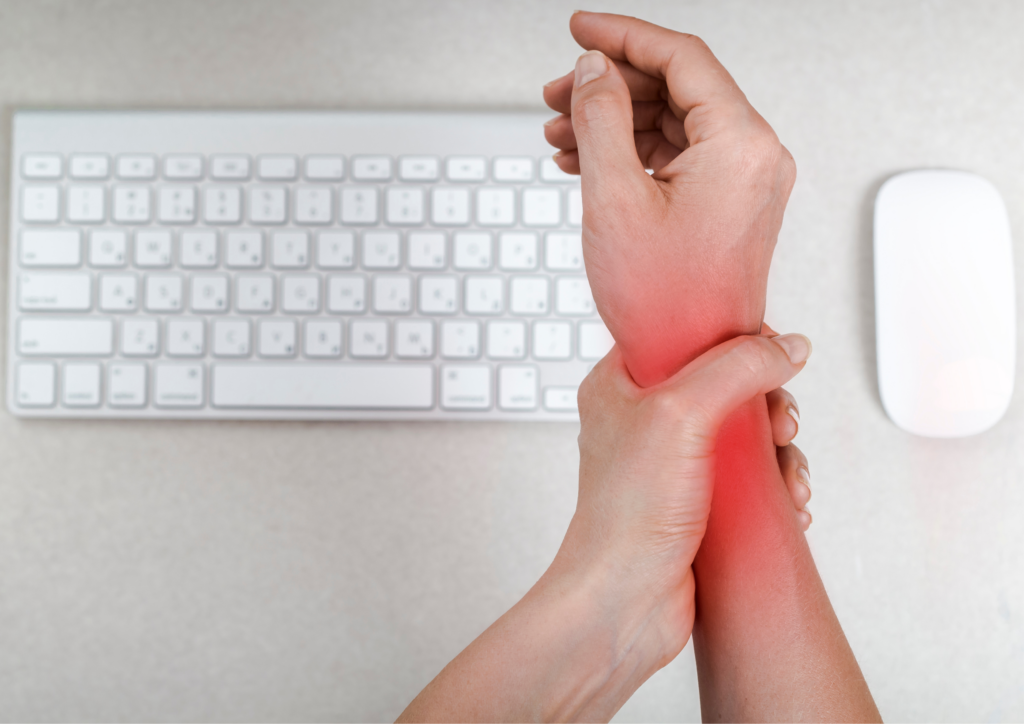
Here at Enigma Healthcare, we provide upper limb consultations, where our experienced team can help diagnose your condition and provide steps in order to move forward as Carpal Tunnel Syndrome can significantly impact daily activities. With proper diagnosis, treatment, and management strategies, individuals can effectively alleviate symptoms and improve hand function.
After your first consultation, if appropriate, we offer a minor surgery Carpal Tunnel release surgery. The procedure designed to reduce discomfort from carpal syndrome. By surgically dividing the ligament attached to bones of the wrist that form an important “tunnel” for tendons and nerves, medical professionals can alleviate pressure on those structures – leading to significant symptom relief after healing has occurred.
Book your upper limb consultation with our experienced Upper Limb consultant, Mr Marck Van Leifland.







